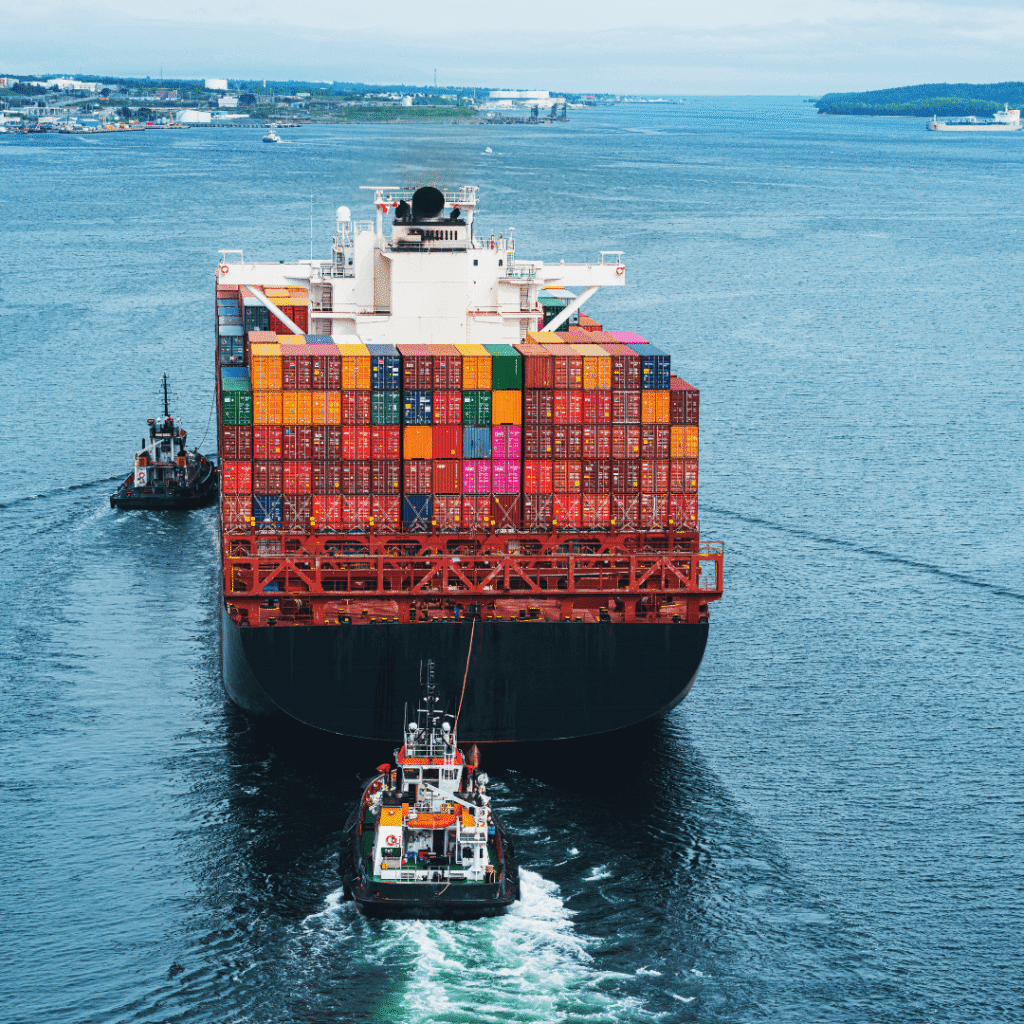
An NVOCC (Non-Vessel Operating Common Carrier) is a key player in global logistics and ocean freight forwarding. While an NVOCC does not operate its own vessels, it functions as a carrier by issuing its own Bill of Lading (B/L) and assuming responsibility for the cargo during transit. NVOCC operations serve as an essential link between shippers and ocean carriers, streamlining international trade logistics.
Booking & Space Allocation
NVOCCs reserve space with ocean carriers on behalf of their clients, often at negotiated rates, making it easier for shippers to access global shipping routes.
Consolidation & Deconsolidation
Particularly in LCL (Less than Container Load) shipments, NVOCCs handle the consolidation of multiple shipments into a single container and manage deconsolidation at the destination.
Issuance of House Bill of Lading (HBL)
As a legal transport document, the HBL issued by the NVOCC provides proof of receipt and outlines the terms of shipment, including cargo details, origin, and destination.
Customs Documentation & Compliance
NVOCCs assist with export/import documentation, customs clearance procedures, and compliance with international regulations, reducing delays and penalties.
Container Management
In some regions, NVOCCs lease, own, or manage container equipment, ensuring availability and proper coordination for pickups, returns, and tracking.
Cargo Insurance & Risk Mitigation
Many NVOCCs offer optional cargo insurance and provide support in claims handling, ensuring peace of mind for shippers.
Cost-effective solutions for small to mid-sized shippers
Broad global network and carrier relationships
End-to-end freight management with personalized service
Flexibility in routing and container availability
NVOCC operations bridge the gap between large ocean carriers and cargo owners, offering comprehensive and tailored shipping solutions that improve efficiency, transparency, and control throughout the supply chain.